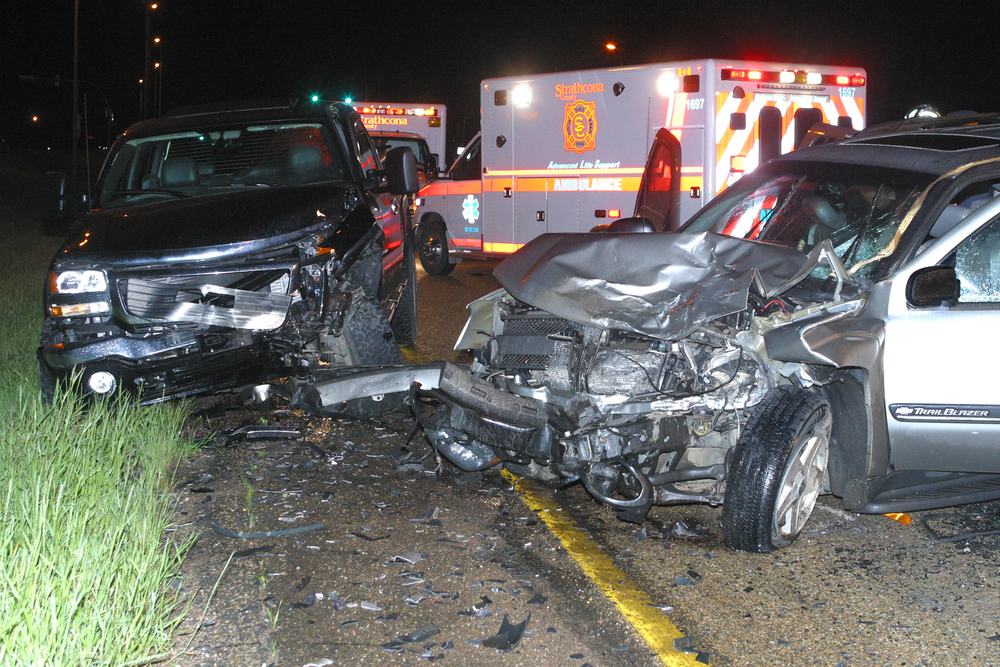
Understanding the Legal Ramifications of Fatal Car Accidents in Nevada
The Silver State’s roadways have seen a concerning trend. According to the Nevada Department of Public Safety & Transportation – ZERO Fatalities, fatalities in Nevada have escalated from 257 in 2010 to 304 in 2019. Concurrently, fatal crashes jumped from 235 in 2010 to 285 in 2019. However, there’s a sliver of solace: when evaluated against the vehicle miles traveled (VMT), Nevada’s fatalities have experienced a slight decline since 2010.
The Weighty Aftermath of Fatal Accidents
Road mishaps, an unfortunate yet common aspect of modern life, can sometimes lead to the gravest consequence: the loss of life. The aftermath of such an accident often raises a pressing question: Can someone be incarcerated for causing a fatal car accident? The short answer is affirmative, but the complexities lie in the specific details of the incident
Digging Deeper: What Does the Law Say?
Fatal car accidents can unfurl many legal repercussions. They range from civil implications, like potential lawsuits and compensatory damages, to criminal implications, such as manslaughter or vehicular homicide charges. The specifics pivot around the incident’s intricacies, the behavior exhibited by the individuals, and the legal framework of the location of the mishap.
The driver’s conduct during the accident significantly influences the subsequent legal proceedings. If this behavior is categorized as negligent – think distracted driving, uncontrolled speeding, or not granting the right of way – they might face civil repercussions. Such consequences could include compensatory lawsuits by the bereaved family.
However, legal proceedings aren’t always black and white. Variables like a driver’s possible arguments about unforeseen mechanical faults, emergencies, or attempts at restitution can influence the case outcome.
Deciphering Nevada’s Legal Terminology
In Nevada, causing a fatal accident through negligence could result in vehicular manslaughter charges. Under Nevada Revised Statute § 484B.657, defines vehicular manslaughter as an instance where a motorist “proximately causes the death of another person through an act or omission that constitutes simple negligence i.e. without premeditated malice. The penalties are determined based on the accident’s context.
For instance, if intoxication plays a part in the accident, the consequences faced by the responsible party are usually stiffer compared to an accident stemming from a brief misjudgment. Moreover, an individual’s prior driving misdemeanors can further escalate the severity of the punishment.
Choosing the Right Legal Advocate:
Selecting the proper legal counsel is pivotal. An ideal attorney boasts a rich history in the relevant legal domain, coupled with positive feedback from clients. They should be adept at dissecting legal jargon into layman’s terms, ensuring you fully grasp your standing. With an issue of such magnitude, aligning with a lawyer well-versed in constructing formidable defenses, examining the accident minutiae, and leveraging evidence to fortify your case is essential.
Additionally, they might discuss the feasibility of plea bargaining – an arrangement where the accused agrees to a lesser charge in return for a milder penalty. Having an attorney to guide you through this deliberation can be invaluable.
Fatal car accidents, especially those leading to criminal charges, demand immediate legal guidance. If you find yourself involved in such an unfortunate incident, contact Shook & Stone at 702-570-0000 for a comprehensive case review at no charge.
 Sunny
Sunny Unlocking the Mystery: Social Security’s 5-Step Sequential Evaluation for Disability Determination
Unlocking the Mystery: Social Security’s 5-Step Sequential Evaluation for Disability Determination 